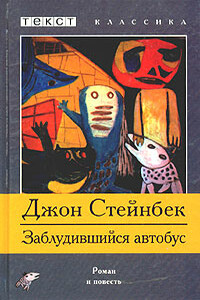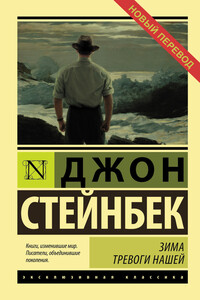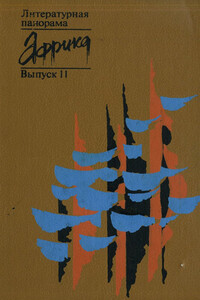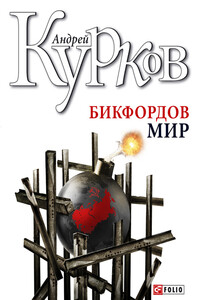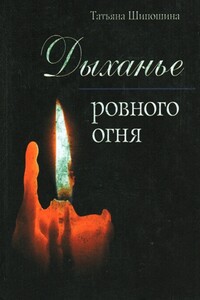Once there was a war - страница 14
Mary Ruth’s crew sit on their bunks and discuss the hard luck of Bomb Boogie. Bomb Boogie is a hard-luck ship. She never gets to her target. Every mission is an abortion. They bring her in and go over her and test her and take her on test runs. She is perfect and then she starts on an operational flight, and her engines go bad or her landing gear gives trouble. Something always happens to Bomb Boogie. She never gets to her target. It is something no one can understand. Four days ago she started out and never got as far as the coast of England before one of her engines conked out and she had to return.
One of the waist gunners strolls out, but in a minute he is back. “We’re alerted for tomorrow,” he says. “I hope it isn’t Kiel. There was a hell of a lot of red flak at Kiel.”
“The guy with the red beard is there,” says Brown, the tail gunner. “He looked right at me. I drew down on him and my guns jammed.”
“Let’s go eat,” the turret gunner says.
NEWS FROM HOME
BOMBER STATION IN ENGLAND, June 28, 1943—The days are very long. A combination of summer time and daylight-saving time keeps them light until eleven thirty. After mess we take the Army bus into town. It is an ancient little city which every American knows about as soon as he can read. The buildings on the narrow streets are Tudor, Stuart, Georgian, and even some Norman. The paving stones are worn smooth and the flagstones of the sidewalks are grooved by apes of strollers. It is a town to stroll in. American soldiers, Canadian, Royal Air Force men, and many of Great Britain’s women soldiers walk through the streets. But Britain drafts its women and they are really in the Army, driver-mechanics, dispatch riders, trim and hard in their uniforms.
The crew of the Mary Ruth ends up at a little pub, overcrowded and noisy. They edge their way in to the bar, where the barmaids are drawing beer as fast as they can. In a moment this crew has found a table and they have the small glasses of pale yellow fluid in front of them. It is curious beer. Most of the alcohol has been taken out of it to make munitions. It is not cold. It is token beer—a gesture rather than a drink.
The bomber crew is solemn. Men who are alerted for operational missions are usually solemn, but tonight there is some burden on this crew. There is no way of knowing how these things start. All at once a crew will feel fated. Then little things go wrong. Then they are uneasy until they take off for their mission. When the uneasiness is running it is the waiting that hurts.
They sip the flat, tasteless beer. One of them says, “I saw a paper from home at the Red Cross in London.” It is quiet. The others look at him across their glasses. A mixed group of pilots and ATS girls at the other end of the pub have started a song. It is astonishing how many of the songs are American. “You’d Be So Nice to Come Home to,” they sing. And the beat of the song is subtly changed. It has become an English song.
The waist gunner raises his voice to be heard over the singing. “It seems to me that we are afraid to announce our losses. It seems almost as if the War Department was afraid that the country couldn’t take it. I never saw anything the country couldn’t take.”
The ball-turret gunner wipes his mouth with the back of his hand. “We don’t hear much,” he says, “it’s a funny thing, but the closer you get to action the less you read papers and war news. I remember before I joined up I used to know everything that was happening. I knew what Turkey was doing. I even had maps with pins and I drew out campaigns with colored pencils. Now I haven’t looked at a paper in two weeks.”
The first man went on, “This paper I saw had some funny stuff in it. It seemed to think that the war was nearly over.”

